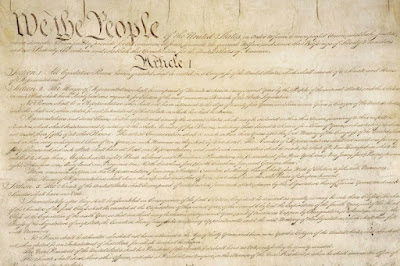Key Provisions: Citizenship Clause: Defines citizenship as birthright for anyone born in the United States, regardless of the parents' citizenship status.
Due Process Clause: Prohibits states from depriving any person of life, liberty, or property without due process of law.
Equal Protection Clause: Requires states to provide equal protection under the law to all persons within their jurisdiction.
Apportionment Clause: Addresses how representatives in the House of Representatives are allocated to states based on population.
Disqualification Clause: Prevents individuals who have engaged in insurrection or rebellion against the United States from holding certain public offices.
Public Debt Clause: Addresses the validity of the public debt of the United States.
Significance and Impact: **Civil Rights: The 14th Amendment has been instrumental in advancing civil rights, particularly for African Americans, and has been the basis for numerous landmark Supreme Court cases related to equality and discrimination.
(This photo made available by the U.S. National Archives shows a portion of the first page of the United States Constitution. (National Archives via AP)
Landmark Cases: The amendment has been cited in cases like Brown v. Board of Education (desegregation of schools), Loving v. Virginia (invalidating bans on interracial marriage), and Obergefell v. Hodges (guaranteeing the right to same-sex marriage).
Evolution of Rights: The 14th Amendment's interpretation has evolved over time, with the Supreme Court expanding its scope to cover various aspects of individual liberties and rights.
Ongoing Relevance: The 14th Amendment continues to be relevant in contemporary legal and political debates, particularly concerning issues of citizenship, immigration, and equal protection.




No comments:
Post a Comment